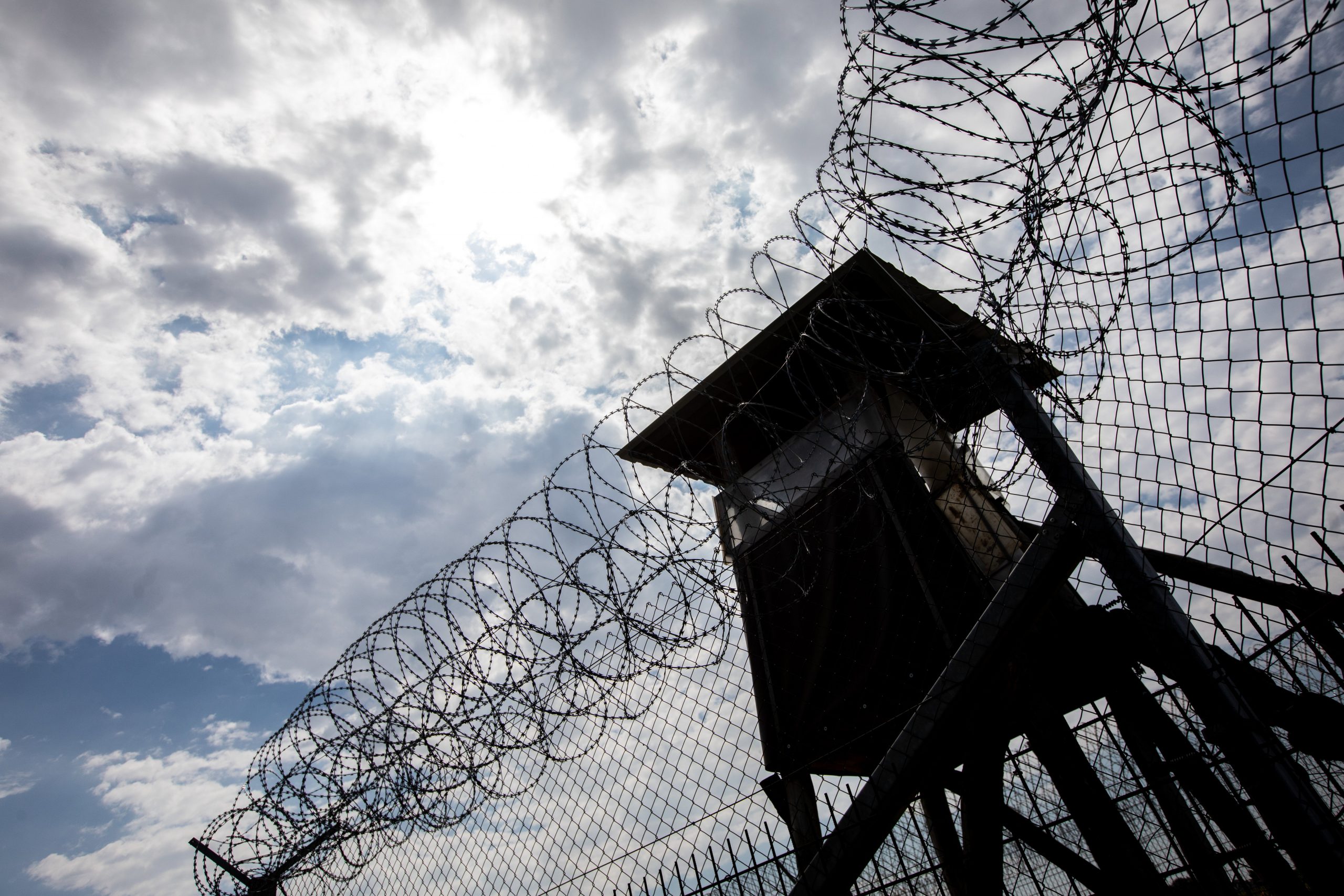
According to State Secretary Bence Rétvári, Brussels is constantly trying to "break through the southern Hungarian border barrier" in order to let in illegal migrants.Continue reading
In addition to the bad news, there was also good news from Brussels yesterday: negotiations with the European Parliament on the migrant distribution mechanism have started, following the unacceptable decision of the Council of Interior Ministers, but the fast-track procedure failed due to the opposition of the Visegrád countries, Germany and the Netherlands. The government continues to believe that any distribution mechanism is unacceptable, the Minister heading the Prime Minister’s Office announced at the Government Info meeting in Budapest on Thursday.
The minister stressed that Hungary has so far spent more than 650 billion forints (EUR 1.71 B) on border protection, and that Brussels has been notified of claims for reimbursement, but less than one percent of the reimbursement has actually been made so far. He made it clear that while it is important for Ukraine to remain viable, the EU budget cannot support a non-EU country until its members have access to the resources they are entitled to (like is the case with Poland and Hungary).
The judicial reform is ready. Our position is that there should now be no obstacles to payments. We have sent invoices for 238 million euros. Brussels has to pay 85 percent of that,”
Gergely Gulyás maintained.
On inflation, the minister recalled that the government has done a lot for its reduction, served by the price freezes and by the mandatory promotions, which until now meant a 10 percent discount on a certain range of products, but this will rise to 15 percent from August 1.
Gulyás underlined that the extremely difficult situation of the economy caused by the Russo-Ukrainian war, exacerbated by EU sanctions, seems to be improving somewhat. Economic growth will accelerate in the second half of the year, and
the budgeted growth of one and a half percent for the year as a whole, but at least one percent, seems realistic, and the four percent growth target for next year could be met.
“We will bring inflation down,” with a rapid fall in prices expected, he added. If all goes well, inflation will be in the single digits as early as October, meaning that every month from now on there will be a 2-3-4 percent drop in inflation, the minister emphasized.
On the issue of sufficient teacher supply, the politician denied that there is reason for concern, explaining that many people see the career of a teacher as one that will guarantee a secure income in the future, supported by the fact that 10,514 applicants have been accepted for teacher training, the highest number in the past six years. Therefore, the supply of teachers is assured, he reiterated.
The minister remarked that on Wednesday, the admission scores to higher education institutions were made known to the candidates. The good news is that more than 126,000 people applied for admission and nearly 95,000 students were admitted, he noted.
The number of students admitted to rural universities had increased by 43%, technical, scientific, engineering, and information technology courses’ admissions had risen by 34%, and eight out of ten applicants admitted will start their studies with a state scholarship, he explained.
On the war in Ukraine, the government’s position is unchanged, and
we continue to call for a ceasefire and peace talks,”
Gulyás said.
He stressed that even the most conservative estimate is that more than 310,000 people have died in the war so far, although there are significantly higher estimates, ranging from 700,000 to 800,000. In addition, of these, nearly 10,000 are civilians killed and at least a further 16,500 wounded.
The Russians have significantly higher reserves and more casualties, he continued. The Ukrainian counter-offensive has so far failed to produce any substantial results, and the defensive capabilities of the front line on both sides are high and very difficult to break through.
The Hungarian government’s unchanged position is therefore well-founded, he concluded.
There were questions about the HUF 580 billion battery factory investment by Sunwoda Electronic Co Ltd planned for Nyíregyháza. Gergely Gulyás said that there is enough labor in the eastern and north-eastern parts of the country, but workers could also come from Transcarpathia. He said they could provide the necessary labor even without non-Hungarian guest workers.
On the issue of the exclusion of foundation-run universities from the Erasmus program, the Minister said there was a 60% chance of a settlement with the European Council this year. He confirmed that it was enough to reach an agreement with the committee by the end of October and that there was no dispute about this date.
Featured image: MTI/Noémi Bruzák
The article has been updated.